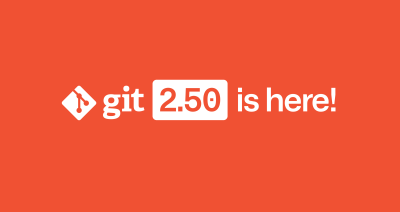Introducing The ReadME Project
Open source powers software on a planetary scale: 99% of code is built on it. The rewards and challenges of creating open source are deeply familiar to the maintainers and…

Open source powers software on a planetary scale: 99% of code is built on it. The rewards and challenges of creating open source are deeply familiar to the maintainers and developers who create it, but they often go unseen by others. We read a lot about the preeminence of software, less so about the communities of people pouring their efforts and passions into it.
This is why we’re launching The ReadME Project, a new space for the community to share their stories, and to learn from each other. Today, and throughout the coming months, you’ll read stories of personal growth, professional challenges, and lessons learned—the journeys you might not see behind projects you probably use every day.
We’re excited and grateful that the first profiles feature Henry Zhu, Samson Goddy, Sonia John, Ovilia Zhang, and Dirk Lemstra. Their stories are live right now, ready for you to explore, and there are so many more to come. Nominate an inspiring developer whose work you’ve been following or unsung contributors that have done great things for your project.
We hope you take something constructive from these personal profiles and merge it with your own story. Open source is incredible, uplifting, and collaborative, but it’s also imperfect. All of us can learn from the creativity, grit, and perseverance of the individuals who build it.
The ReadME Project features the stories of the people behind open source. We want this to be an engaging destination for you, so please send us feedback and contribute your ideas that can inspire and inform all of us. We’ll continue to shine the light on individuals, but you can expect us to experiment with some new projects along the way. We can’t wait to hear what you think!
Tags:
Written by
Related posts

Git security vulnerabilities announced
Today, the Git project released new versions to address seven security vulnerabilities that affect all prior versions of Git.

Highlights from Git 2.50
The open source Git project just released Git 2.50. Here is GitHub’s look at some of the most interesting features and changes introduced since last time.

4 trends shaping open source funding—and what they mean for maintainers
Get insights on the latest trends from GitHub experts while catching up on these exciting new projects.